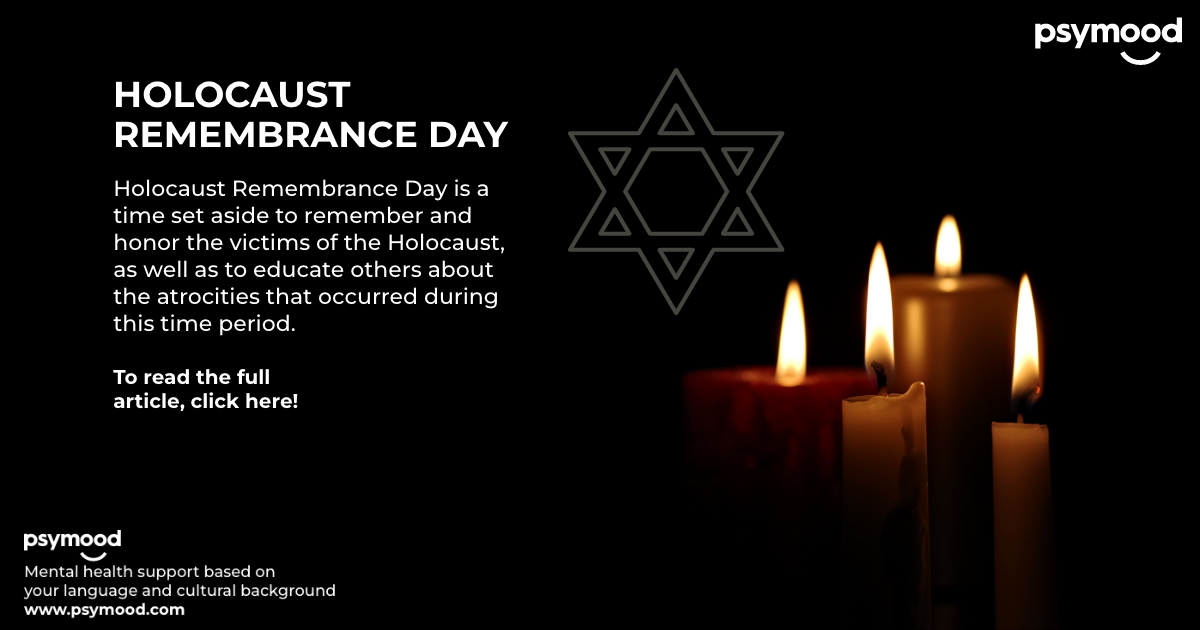Holocaust Remembrance Day
In the last week of January, we commemorate the time of desolation and oppression that the Jewish people went through under the Nazi regime of World War II. Holocaust Remembrance Day is a time set aside to remember and honour the victims of the Holocaust, as well as to educate others about the atrocities that occurred during this time period.
What was the Holocaust?
The Holocaust was the systematic persecution and extermination of Jews and other minority groups by the Nazi regime in Germany during World War II. It began in 1933, when Adolf Hitler and the Nazi Party came to power, and lasted until 1945. An estimated six million Jews were killed, as well as many other minority groups such as Roma, disabled individuals, LGBTQ2SIA+, and others.
The Nazis implemented a variety of policies aimed at isolating, degrading, and ultimately destroying Jewish communities and other minority groups. These policies included the forced relocation of Jews and other minority groups into concentration camps, the seizure of their property, the implementation of discriminatory laws, and being forced to wear identifying markers.
It was one of the most tragic and darkest chapters of human history and many of the survivors and victims’ families still carry the trauma and pain of the events until today. If you’d like to learn more about transgenerational trauma, you can learn more here.
The Holocaust is a reminder of the dangers of hate and prejudice, and it serves as a warning to all of us to always be vigilant against the resurgence of such atrocities.
5 Ways to Observe the Holocaust during Awareness Week
During Holocaust Awareness Week, events are often held to remember the victims and to educate others about the Holocaust. These events can include;
- Attending a Holocaust-Related Event: Many communities hold events such as lectures, film screenings, art exhibits, and ceremonies during Holocaust Awareness Week. These events provide an opportunity to learn more about the Holocaust and to remember the victims. Look up different events in your community that you can attend.
- Visit a Holocaust Museum or Memorial: Many cities have Holocaust museums or memorials that provide a powerful and moving way to learn about the Holocaust and to pay respects to its victims. If you are in Toronto you can visit the Toronto Holocaust Museum to spend some time learning about the Holocaust.
- Read and Learn: There are many books, documentaries, and other resources available that provide information about the Holocaust. Learning about the Holocaust is an important way to understand its significance and to remember its victims.
- Remember and Honor the Victims: Take a moment of silence to remember and honour the victims of the Holocaust.
- Get Involved in Organizations that Fight Against Hate: There are many organizations that work to combat hate and promote tolerance. You can find organizations in your community that work towards these goals and get involved in their efforts.
PsyMood is a digital tool designed to help you find the support you need in the language that you are most comfortable with. PsyMood considers cultural background, geographical location, interests, and personal needs, amongst other factors, to pair you with service providers for either online or in-person therapy sessions.


.png)
.png)
.png)
Recent Comments